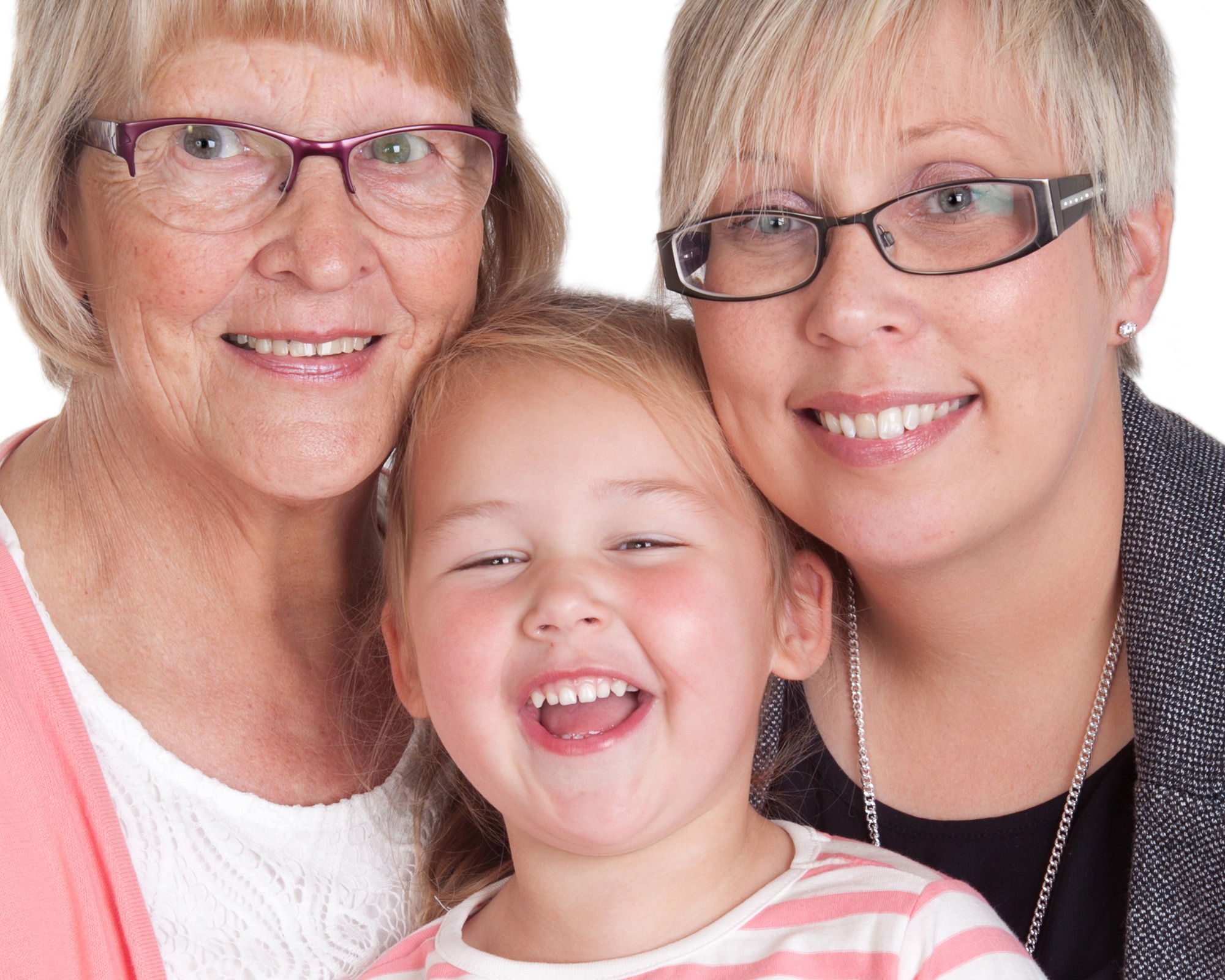Looking to a brighter future
Mother and daughter Margaret Copeland, from Newtownhamilton, and Sharon Adams, from Dungannon, both made the brave decision to have double mastectomies when they discovered they had the BRCA 2 mutant gene, which greatly increases the risk of breast cancer.
Research
Margaret and Sharon are appealing to local people to help us raise vital funds for more research into the disease. They hope that new scientific developments will mean a brighter future for Sharon’s daughter, Sophie (3).
The money raised will go toward potentially life-saving research into BRCA at Queen’s University Belfast, which Cancer Focus NI is funding.
Diagnosis
Margaret was first diagnosed in 2000 at the age of 54. Then, in 2012, Sharon discovered she had breast cancer when she was only 30 and had a new baby to care for.
Margaret said: “Tests revealed Sharon was a BRCA2 carrier. She had chemotherapy before having a double mastectomy. By then I’d gone back to the doctor to have a cyst on my neck checked and a mammogram was routinely carried out. It was a huge shock to be told I had developed a completely different type of cancer in my other breast.”
Sophie’s choice
Margaret then found out she was a carrier too and also had a double mastectomy..
Sharon said: “There is a 50% chance that my daughter Sophie could be a carrier but she will have to decide when she is 18 if she wants to be tested. Any new research developments could directly benefit Sophie and generations to come.”
Support group
Margaret and Sharon are members of Cancer Focus NI’s Armagh breast cancer support group which they’ve found to be a tremendous help.
Margaret said: “I’ve met lovely women and have made good friends. There are times you feel that no one else understands and cancer can be a very lonely experience.
“It’s comforting to be with others who know exactly what you’ve been through and to be reassured that life goes on. Sometimes we share worries we don’t want to bother our families with, but generally we chat about everything under the sun except cancer, but it is always a very supportive and secure place to be.”
Vital support
Sharon added: “I first went to the support group in Armagh after I had finished all my treatments and the back-up of the hospital was gone. Suddenly, you’re left very much on your own and at the time I felt I needed that extra support.
“It’s truly inspiring to meet ladies who are doing so well 20 or 30 years after their treatment – it gives you great hope and optimism for the future.”


